Pekudei 5782 – Make Shabbos Great Again
May Hashem’s positive accounting of Klal Yisroel merit Moshiach’s immediate coming!
Visit YTATorah.org
Shiur presented in 5778
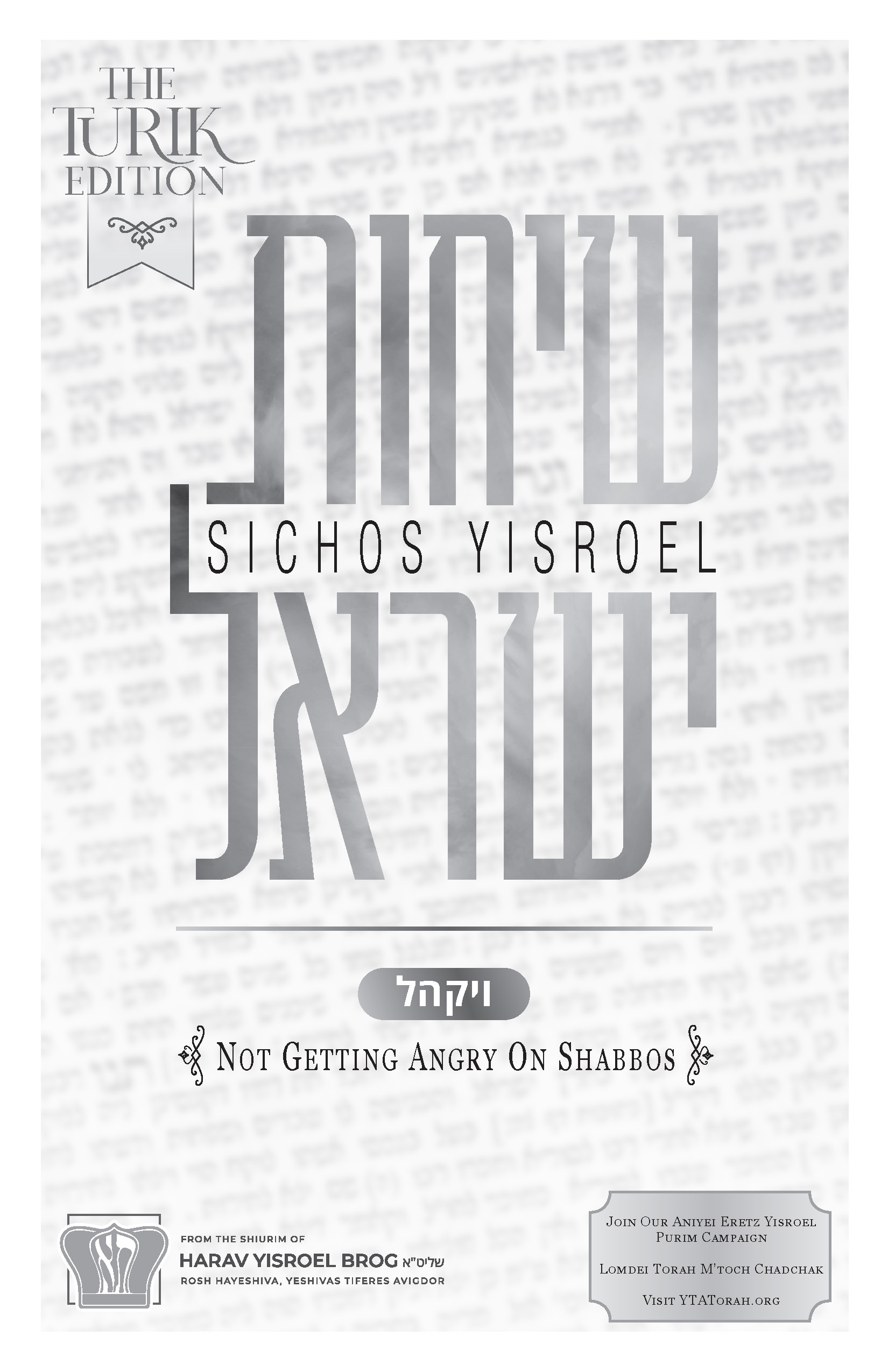
May Hashem’s positive accounting of Klal Yisroel merit Moshiach’s immediate coming!
Visit YTATorah.org
Shiur presented in 5778
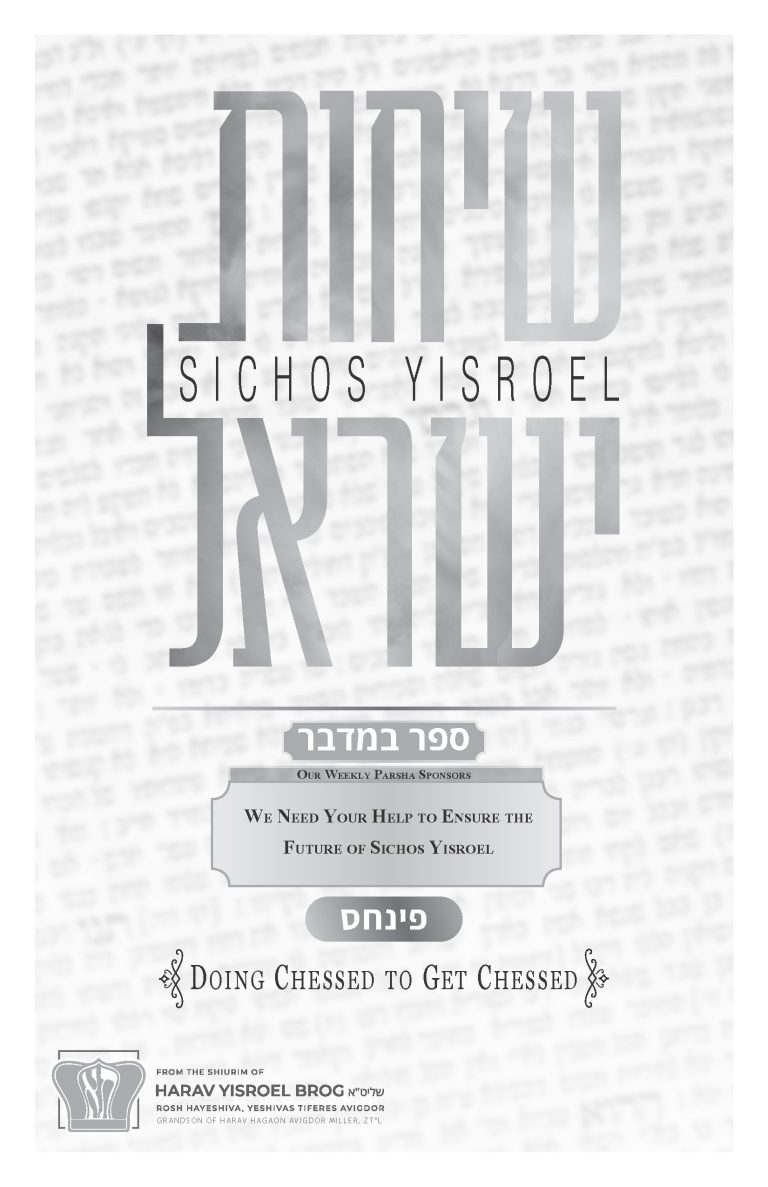
Pinchas rose to the occasion and performed an act of zealotry to stand up for the honor of Hashem. Because of this great action of his, he was zocheh to be gebentched with the greatest of brachos. The passuk says: “behold, I have given him a covenant of peace”. The Seforno explains that since Pinchas struggled My struggle in that zechus, he received bris shalom. What is bris shalom? I will save him from all antagonism to his way of life. Pinchas will be saved from all antagonism toward him and he will be a man who will live in peace.
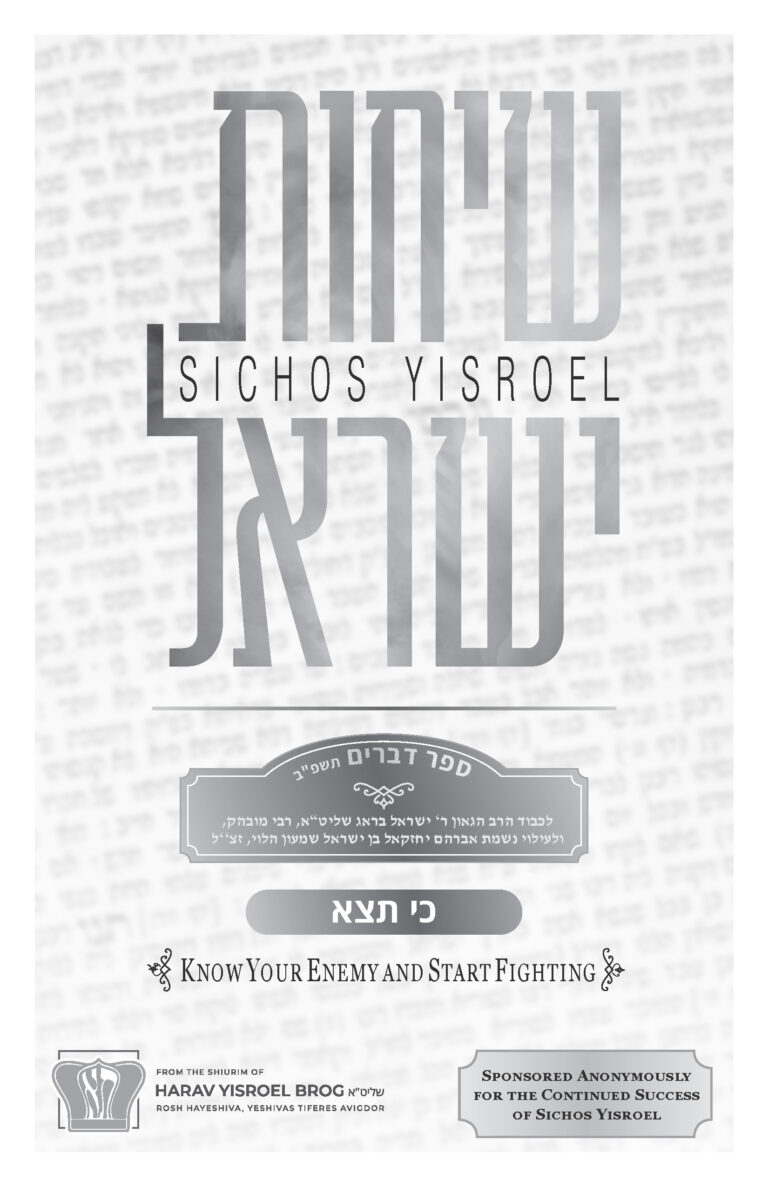
The month of Elul is a month for introspection and becoming aware of what one’s challenges are in this world. Do you know what our biggest challenge is? The biggest challenge that everybody has in this world is the same one. I share the same challenge as all of you. We both share a common enemy, and that enemy’s name is yeitzer hara or as the chassidim say yaitzer hurah or as the Sefardim say yeitzer ha-rah. But whatever the name is, however you pronounce it, it’s all the same thing, it’s the same enemy.
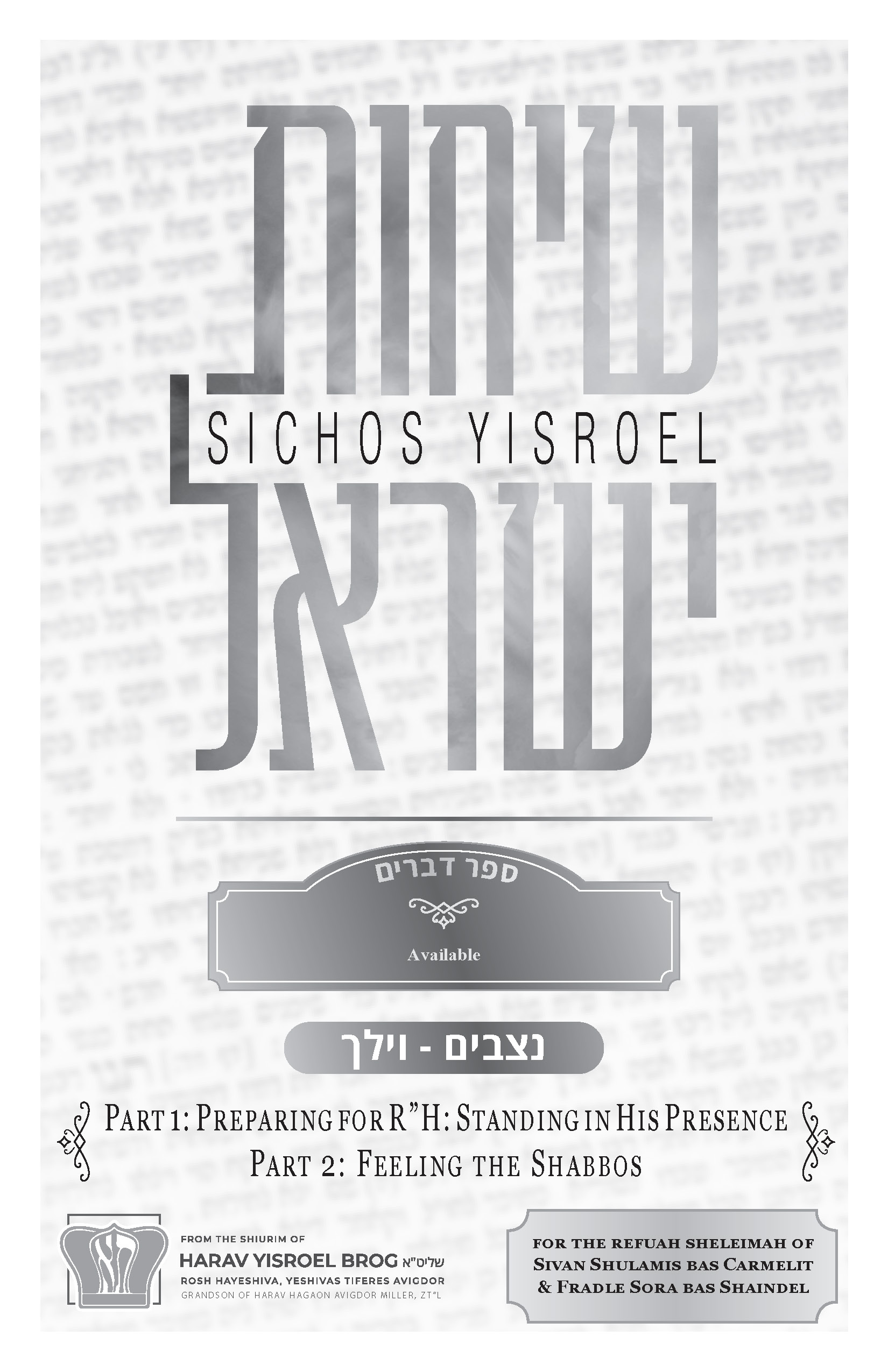
Our parshah begins with the following words “You stand this day, all of you, before Hashem – your tribal heads, your elders and your officials, all the men of Israel.” A few pesukim later, Rashi brings a Midrash Tanchuma which explains the connection between Parshas Nitzavim and KiSavo, which had the curses. What is the connection between the curses…and the statement of “You stand this day”?
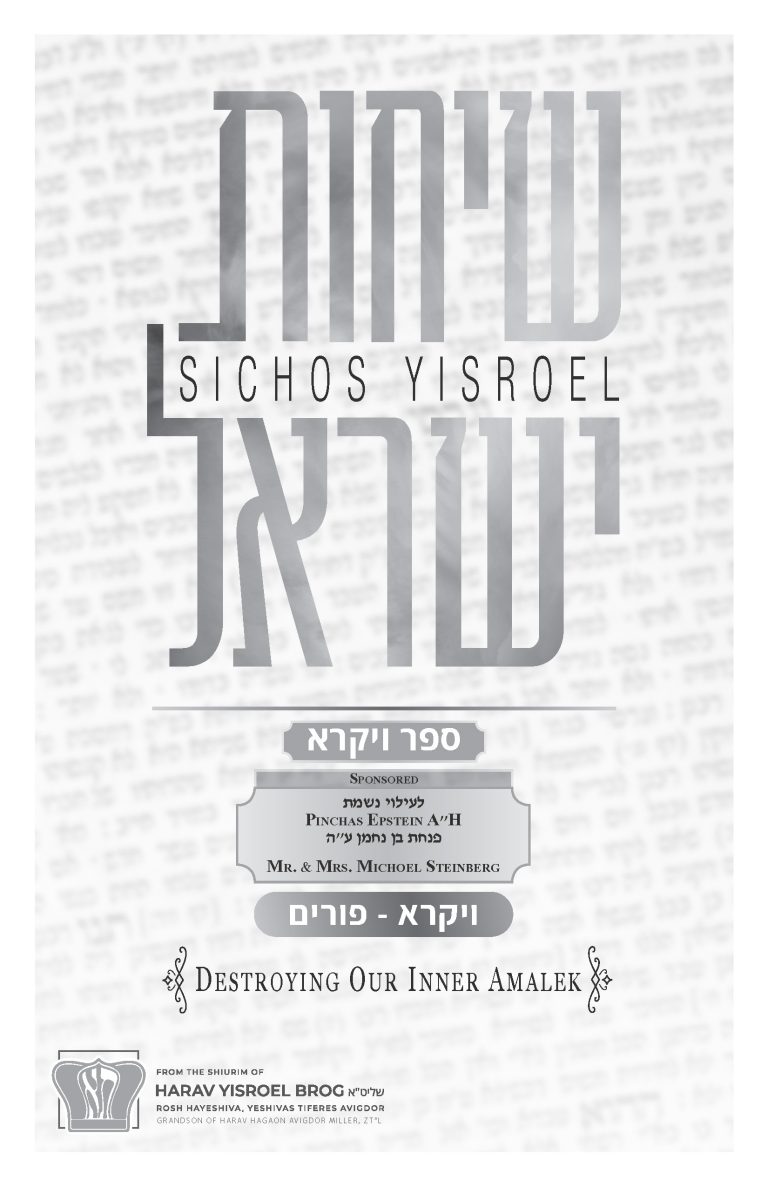
Most people are aware of the general story of Purim. There was a fellow named Haman, who plotted with King Achashveirosh to annihilate the Jewish people in one day. But the story holds a much deeper meaning for each and every one of us when we become aware of the fact that Haman was not just another one of the gentiles. Haman was a descendant of Amalek.
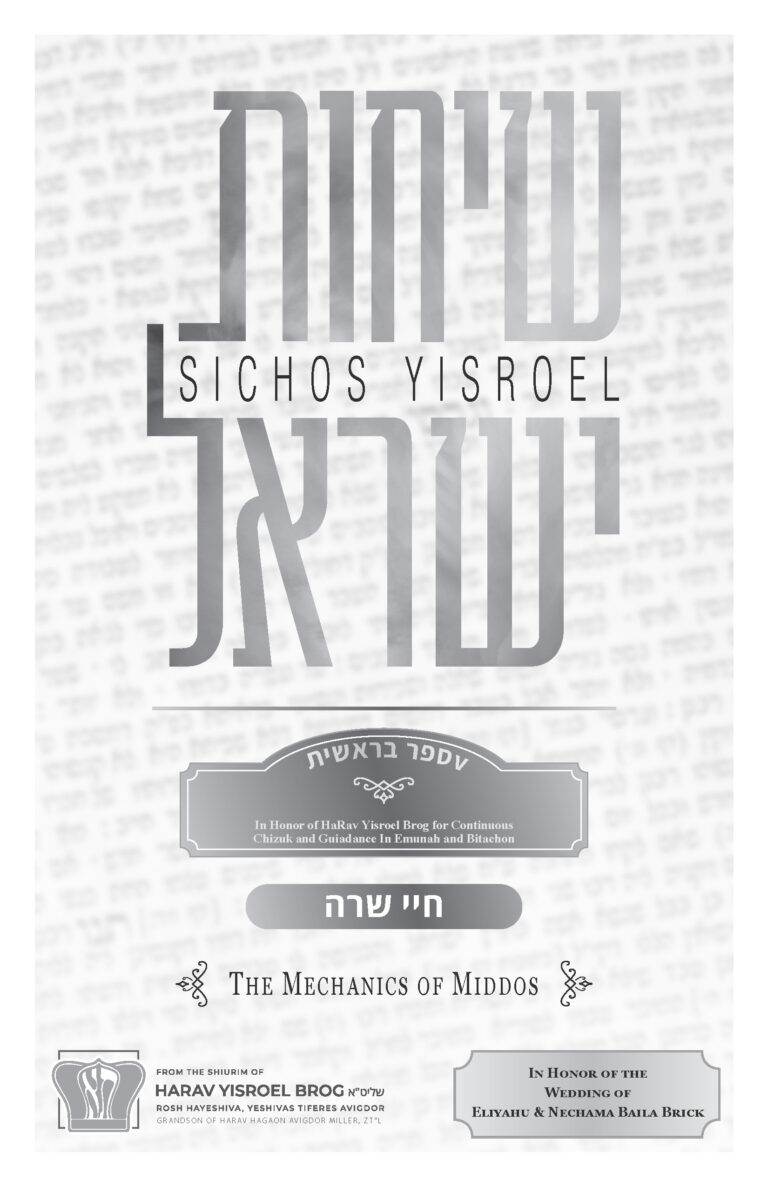
In this week’s parshah, we see a very interesting criterion for a shidduch. Eliezer is sent by Avraham Avinu as a shaliach to bring about one of the biggest shidduchim in history. The Torah tells us that Eliezer davened to Hashem to send him the right girl for Yitzchak.
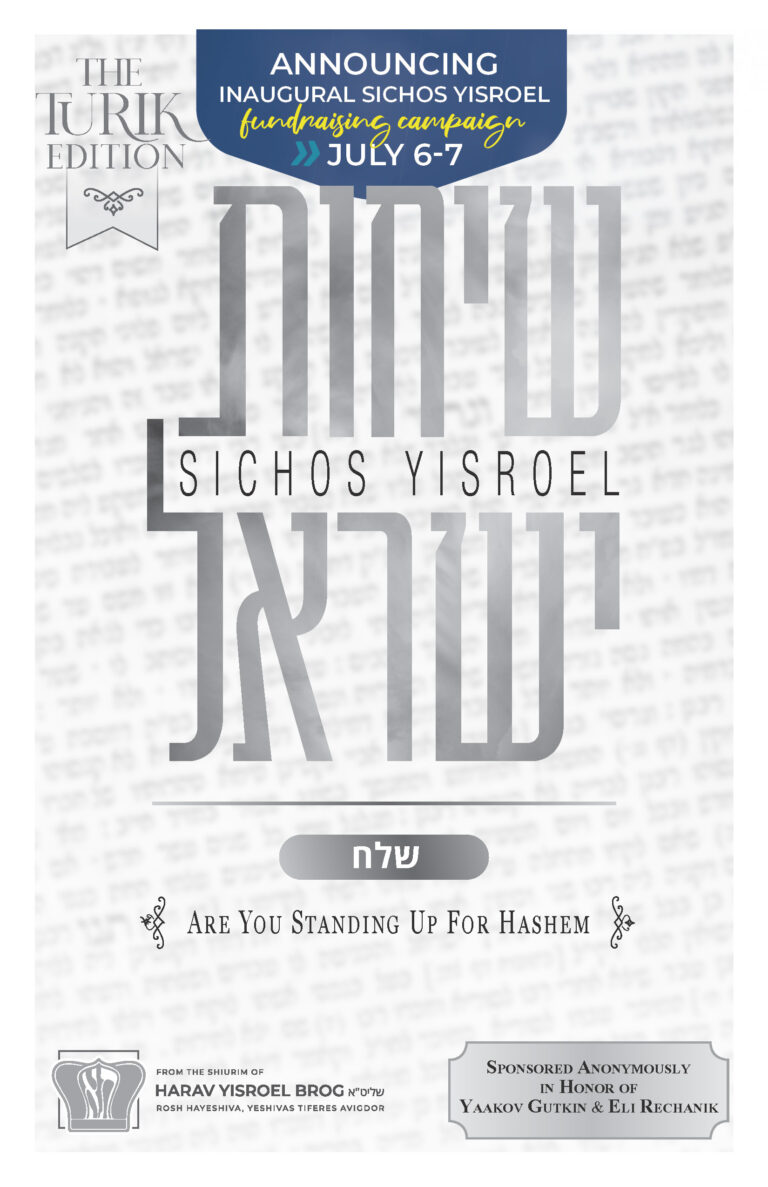
In this week’s parshah, the Torah tells us how the meraglim returned from their tour in Eretz Yisrael and brought back a bad report. Initially, they were very diplomatic; they didn’t say it openly. What they did, was they hinted to it. They spoke about the strength of the great nation that was in Eretz Yisrael. They compared their strength to that of Klal Yisrael. But anybody who could add one plus one would have asked themselves, “What chance do we have against such odds?” In this way, the meraglim created a feeling that it was a helpless matzav.